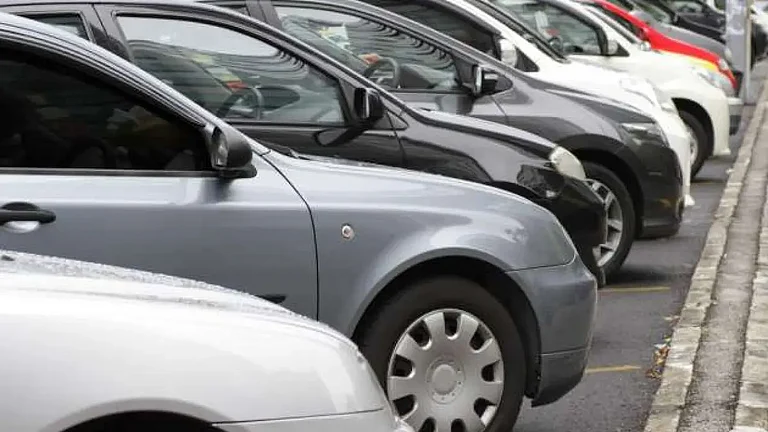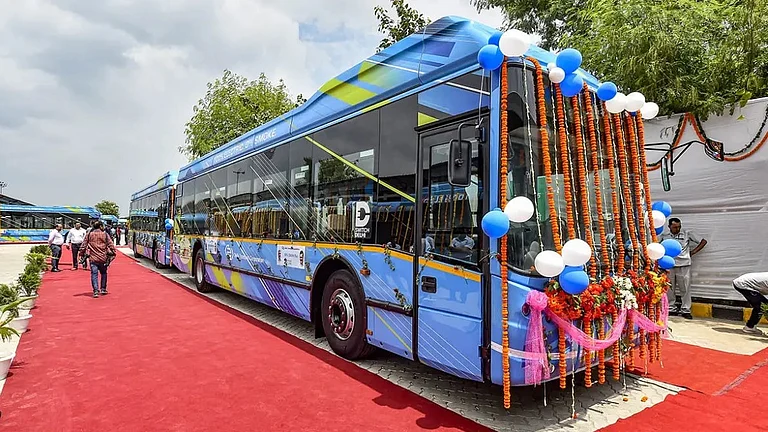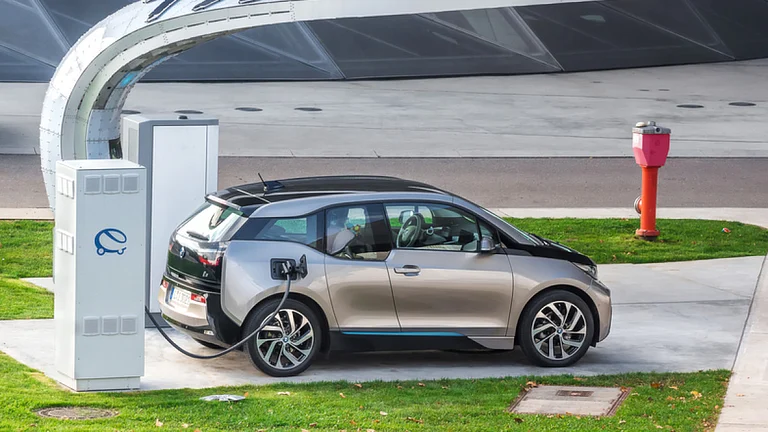Delhi has mandated that every household’s third private car must be an electric vehicle. The state government further plans to stop registering fossil-fuel run three-wheelers starting this August. Non-electric two wheeler registrations will be halted from August 2026, as part of its Electric Vehicles Policy 2.0, reported HT.
Delhi’s New EV Policy Mandates Electric Cars for 3rd Household Vehicle: Why the Shift is Essential?
Delhi’s new policy mandates the third private car in every household be an EV, aiming to reduce pollution and improve public health
The Delhi Transport Minister Pankaj Kumar Singh has reportedly approved the proposal, which will now be presented to the cabinet for further approval.
“The new policy has some bold targets aimed at ensuring EV transition in every vehicle segment. In some categories, we hope that we will be able to achieve 100% new vehicles being registered are EVs in Delhi. We have also developed strategies around how this will be done,” a senior transport official told HT.
According to the policy, petrol, diesel or CNG-run two-wheelers will not be allowed to register from August 2026. All CNG auto-rickshaws over 10 years old will be replaced or retrofitted with electric auto-rickshaws for the three wheeler-segment during the policy period.
Why Delhi Must Transition to EVs
Delhi has long suffered from severe and persistent pollution. Electric Vehicle adoption can significantly benefit the environment, health and economy, according to a ScienceDirect study. EVs are expected to play a crucial role in green mobility, contributing to zero carbon emissions for smart parking and charging solutions.
According to The Indian Express, Delhi can reduce its PM 2.5 concentration by nearly 40%by achieving complete EV adoption. Mortality-related costs could fall by 25.7%, economic costs from pollution-related diseases could fall by 2.54% and per capita healthcare costs could drop by more than 25%.
Delhi could save Rs 11,000 crore, by reducing emissions and improving air quality, with a 20% reduction in PM 2.5 emissions leading to a corresponding decrease in ambient PM 2.5 levels, reported The Indian Express.
A strong policy push by transitioning to CNG vehicles could benefit Delhi. “The Delhi government’s new electric vehicles policy is arguably the most progressive state-level plan for transition. The ban on ICE (internal combustion engine) two-wheeler registrations beyond August 15, 2026, could set a strong precedent for the country. However, a similar phase-out plan for internal combustion engine cars is missing which needs to be considered on a priority,” Amit Bhatt, Managing Director (India), International Council of Clean Transport (ICCT) told HT.
Introduced 2020 by the state government, Delhi’s EV Policy was extended till March 31, 2025 in November 2024. Under the EV policy, Delhi government offers a flat subsidy of up to Rs 30,000 for the purchase of electric two-wheelers and Rs 1.5 lakh for electric cars, based on battery capacity.


